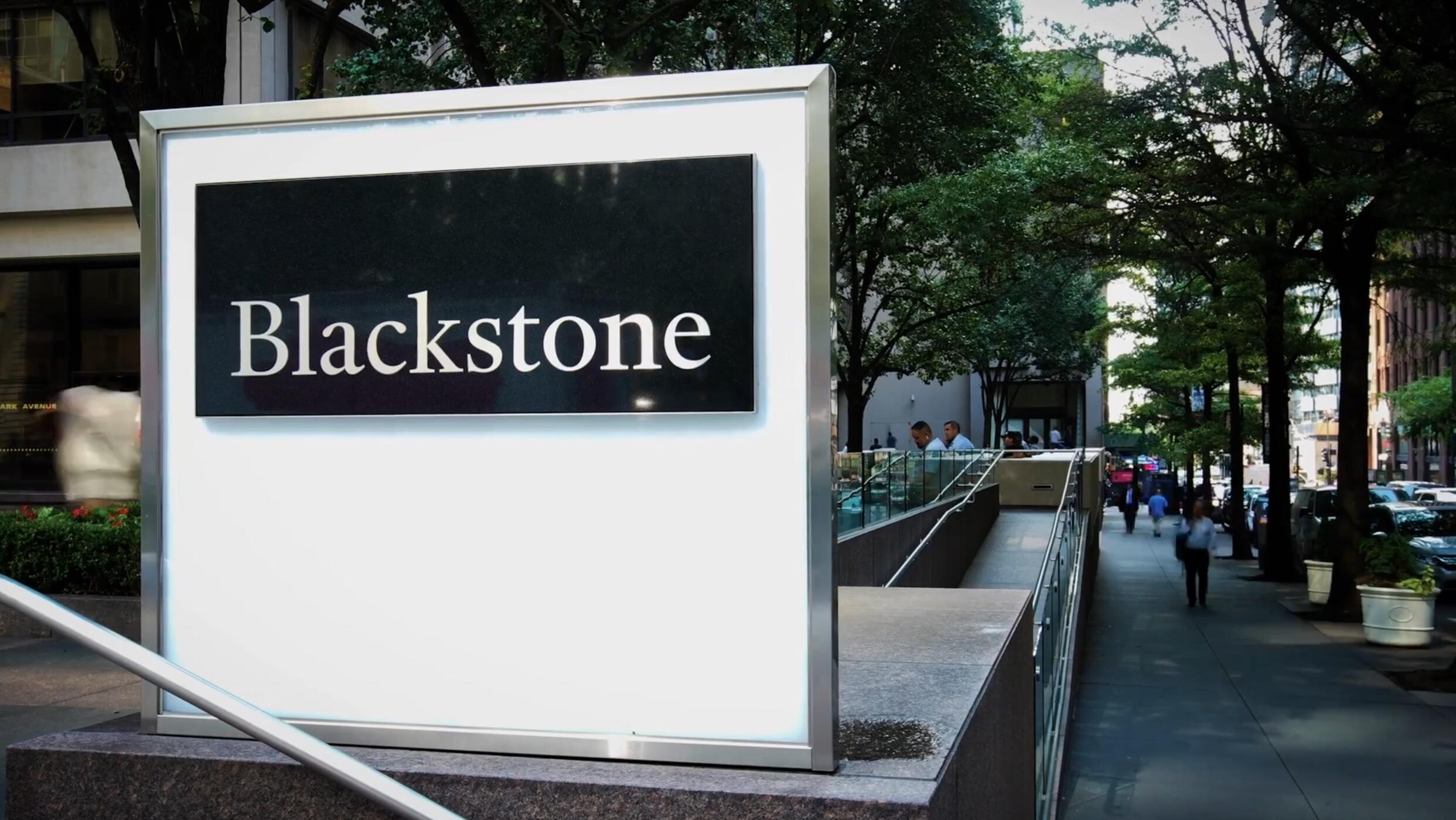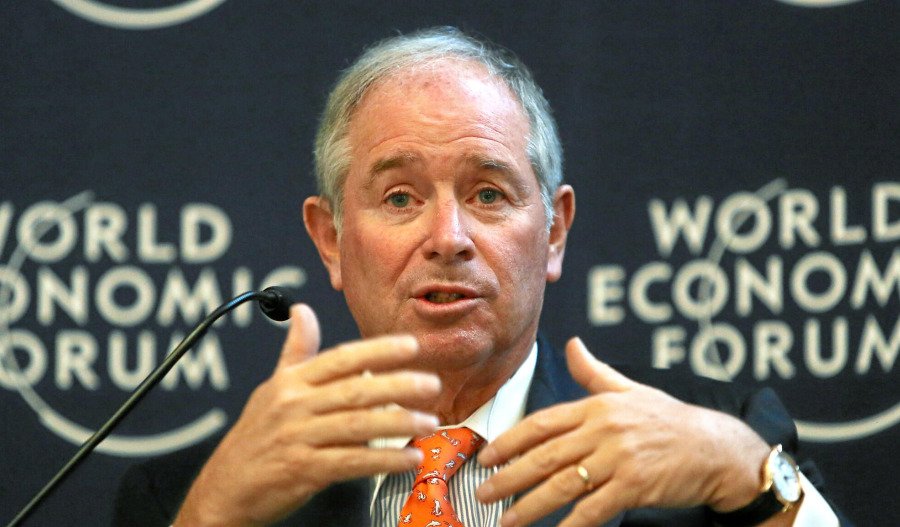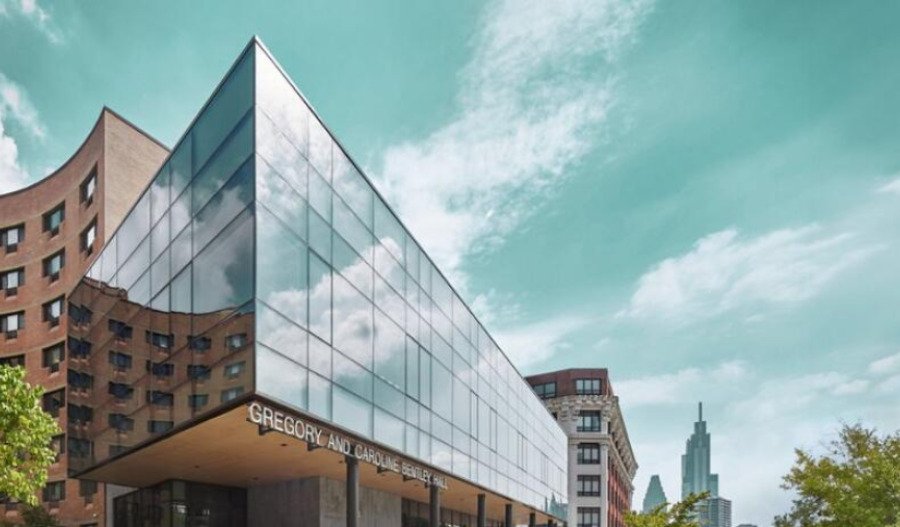Blackstone climbed 3.6% on Thursday after the private capital giant reported stronger-than-expected second-quarter earnings, driven by surging incentive fees from its evergreen funds tailored to wealthy individual investors.
The company reported earnings per share (EPS) of $1.21 versus $1.10 expected on revenue of US$3.07 billion versus $2.79 billion expected.
Stephen A. Schwarzman, Chairman and Chief Executive Officer, said, “Blackstone delivered outstanding second-quarter results, reflective of the broader underlying expansion of the firm’s business and earnings power, particularly in private wealth, credit and insurance, and infrastructure.
"Despite the volatile market backdrop, we grew earnings significantly and total assets under management increased 13% year-over-year to more than $1.2 trillion—a new industry record.
"Most importantly, we continued to deliver strong investment performance for our LPs, with the highest overall amount of fund appreciation in nearly four years.”
Distributable earnings, a key measure of cash flow, reached $1.56 billion, marking a 25% increase from a year ago and surpassing forecasts.
The strong result was underpinned by the performance of its evergreen funds, which invest across private equity, property, infrastructure, and private credit. These vehicles earn performance fees once returns exceed a 5% hurdle rate, making them a reliable and profitable stream for Blackstone.
Fee-based performance revenue more than doubled in the quarter to $472 million, largely from gains posted by the evergreen strategies.
Assets under management in these funds rose to a record $280 billion after drawing in $10 billion in fresh capital during the period.
Evergreen-related incentive fees accounted for 30% of Blackstone’s quarterly cash flows, highlighting a shift toward more consistent profitability even when traditional investment exits slow.
By contrast, Blackstone’s flagship institutional funds delivered just $326 million in net performance fees, a sharp drop from the boom years of 2020 and 2021. The firm’s ability to exit investments profitably remains hampered by market sluggishness following President Donald Trump’s earlier trade disputes.
Still, the stability of the evergreen platform provided meaningful support. “You’re getting this steady state of performance fees and you’re building on a larger and larger base,” said Blackstone President Jonathan Gray. “It does speak to an expanding earnings power of the business.”
Gray also credited Trump’s recent trade pacts and sweeping tax changes for lifting sentiment toward U.S. financial assets. “There has been a restoration of confidence in terms of U.S. assets and just the continued growth in earnings of U.S. companies,” he told the Financial Times.
He cited new trade agreements with Britain, Japan, and Indonesia, alongside tax reforms favourable to corporations and high-net-worth investors, as factors reducing uncertainty and fuelling optimism around artificial intelligence and digital infrastructure investment.
“There’s more clarity on tariff negotiations, the strength in U.S. equity markets, and the fact that the ‘899’ matter got resolved successfully,” Gray added. Trump ultimately dropped a “revenge tax” on foreign investors, previously included in Section 899 of the original tax bill, easing concerns on Wall Street.
Looking ahead, Gray predicted a pickup in capital markets activity later in the year. “We’re feeling pretty positive about what’s going to happen post-Labor Day due to the combination of equity markets recovering and debt markets recovering as people feel more confident about where the tariffs will ultimately settle,” he said.



